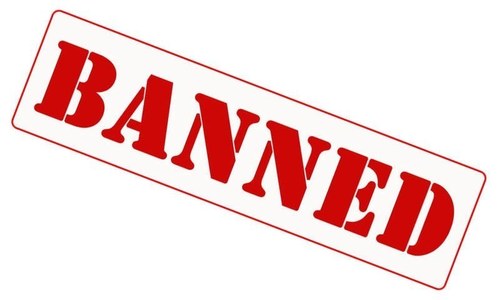GIVEN the growing number of ‘unspoken’ and confusing restrictions on the country’s media, it is no surprise that online policing of content, especially on the social media, has also increased. A Facebook transparency report has revealed that in the first half of 2019, the social media giant restricted around 5,700 posts in Pakistan on the government’s request.
According to the report, the number of complaints filed by the PTA made up 31pc of the total content restriction requests, more than any other country. Facebook maintained that it restricted access to content that, according to the telecom authority, allegedly violated local laws pertaining to blasphemy, defamation and criticism of the country’s independence and judiciary.
Though Facebook is not bound to follow the local laws of any country, the company often complies with requests from governments, security agencies and large corporations. This ‘pragmatism’ has given rise to a lot of questions over the role of Facebook in compromising consumer data, and facilitating the spread of false information and political manipulation. The result of such a controversial role, however, is that the truth is compromised, which in turn amplifies a one-sided narrative.
In the absence of clear policies to curb the spread of false news, by both the PTA and Facebook, the restriction of content that is critical of the state’s policies is tantamount to censorship. The PTA has already blocked access to around 900,000 websites, some of which include internet editions of Indian newspapers that in the past year or so have also felt the wrath of the Modi government over criticism of its policies.
On the other hand, a report by the EU DisinfoLab says that an Indian network was found to be operating 265 propaganda websites to influence global opinions against Pakistan.
Ironically, while there is a clampdown on media and active suppression of citizens’ voices, there seems to be no attempt to deal with anti-Pakistan propaganda stemming from abroad. Perhaps the PTA should focus its energies on targeting actual propaganda, rather than muting the voices of citizens and journalists.
Published in Dawn, November 16th, 2019













































